c
claudiojeronimolopezcedillo
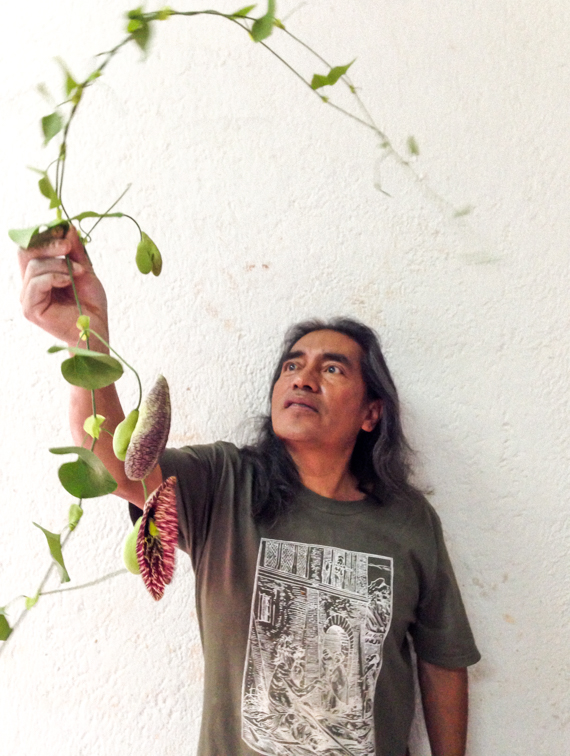
Claudio Jeronimo López Cedillo (Mexico)
Master ceramist of Mixtec heritage who collaborates closely with Francisco Toledo. Claudio works clay physically and intuitively, kneading, flattening, and rolling it like a tortilla before baking it in a kiln. We began working with Claudio in 2007. For our custom-colored mezcal cups, he developed glazes in two hues: shades of white and earth tones tinted the color of Oaxaca’s ancient Zapotecan ruin, Yagul. Claudio learned to work mud and clay as a young boy in his native town of San Jerónimo Silacayoapilla. See also Yagul
coconuthusk
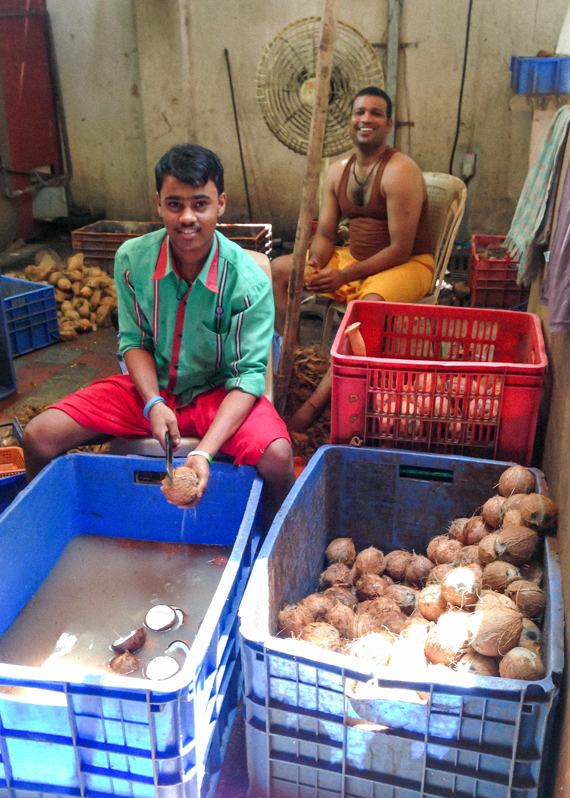
coconut husk
Used as a natural dye to achieve varied shades of pink. Brown coconut husk yields shell pink; green coconut husk a blush or antique rose pink. For the Adiv Temple Blessings project, brown coconuts are salvaged from temple waste after the flesh is offered to devotees. Green coconuts are recycled from coconut water vendors. See also Adiv Temple Blessings project
coyuchi
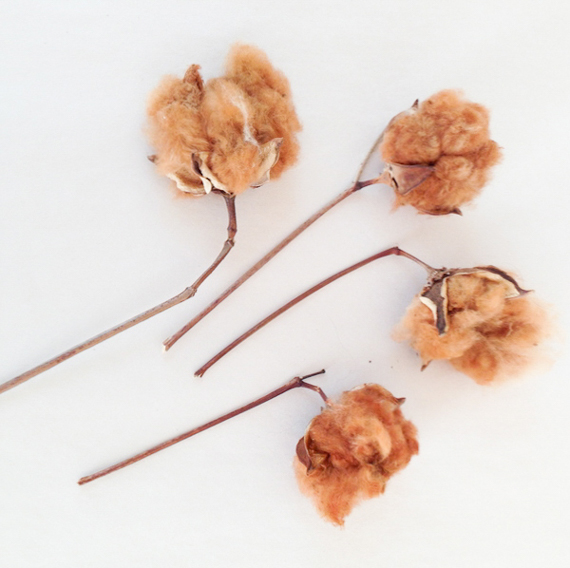
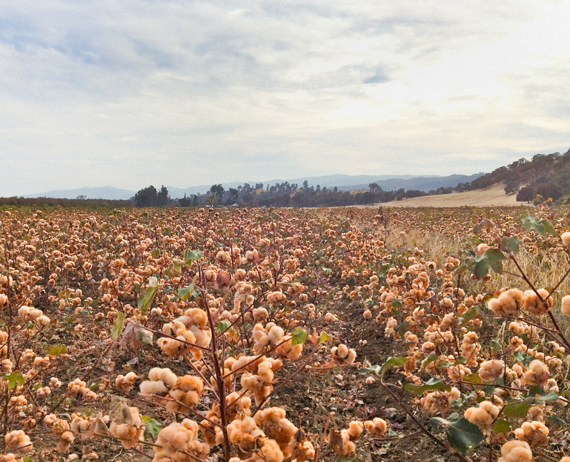
coyuchi (Mexico/USA)
Oaxacan term for naturally colored brown cotton indigenous to Oaxaca. The term is derived from the Aztec language and refers to the color of coyote fur. dosa started using coyuchi in 1992 after Christina learned of it from Christine Nielson, founder of textile company Coyuchi, who sourced the fiber from Sally Fox. Sally has been breeding and growing the naturally colored organic cotton in California since 1982. See also El Taller Arte Papel Oaxaca
craftcaravan
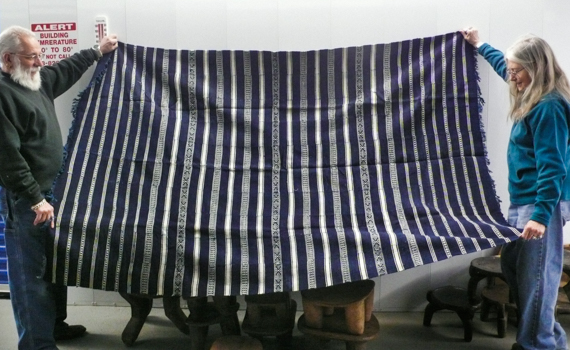
Craft Caravan (USA)
Legendary emporium in New York City that offered a remarkable variety of handmade jewelry, tribal artifacts, and textiles from Africa, India, and Central America. A forerunner of what would become SoHo, it opened in 1969 and years later became a neighbor of the dosa NY shop. Christina discovered Craft Caravan during a seminal trip to New York City with Vija Rekevics in 1979. Craft Caravan closed in 2000, but dosa continues to source vintage kanga and Mali textiles from the personal collections of owners Ignacio and Caroline Villareal.